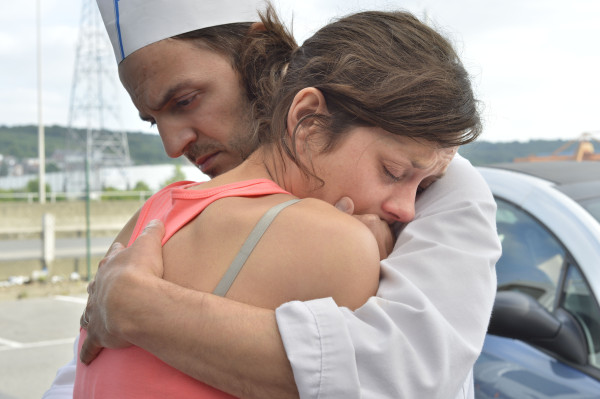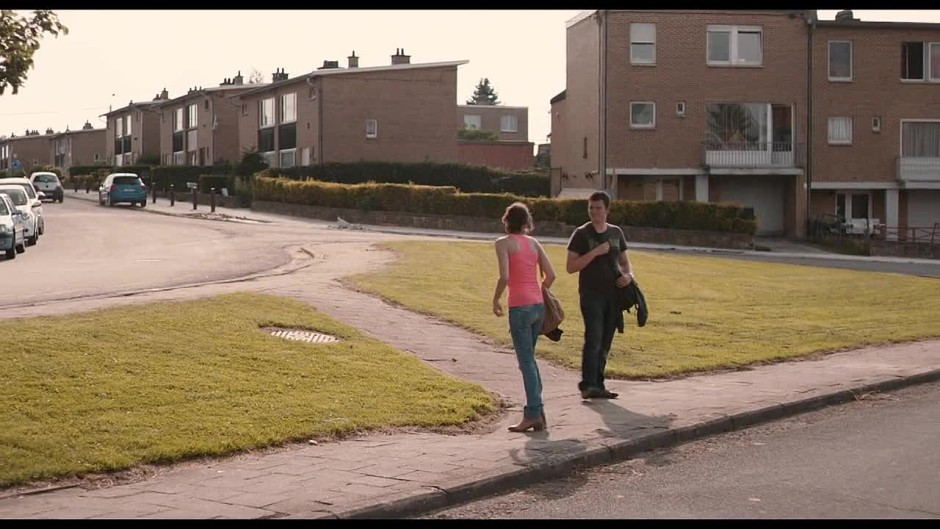As Two Days, One Night gets under way, Sandra (Marion Cotillard), a mother of two young children, is resting peacefully, her eyes shut. It will be one of her last moments of tranquility for a while. Minutes later, as she removes a hot tart from the oven, she takes a telephone call that will upend her world.

Sandra, who’s been on sick leave due to depression, learns she has lost her position at a solar panel factory. She has been declared redundant by 14 of her 16 fellow employees. In return, they will each receive a bonus of 1,000 euros.
At a time of economic uncertainty in Europe, this spare but strong film by the Dardenne brothers is quite timely. Scheduled to open in Canada on Jan. 16, it reflects the malaise that grips many European countries today.
Like so many members of the working-class in the nondescript Belgium town where they live and work, Sandra and her husband, Manu (Fabrizio Rongione), a fast food restaurant worker, struggle to keep their heads above the water. After she receives the bad news, a few tears roll down her cheeks and she crawls into bed, crushed and mortified by the fear that she and her spouse may not be able to pay their mortgage.
“Fight for your job,” urges Manu, a loving and supportive spouse.
Heartened by his encouragement, she and her friend convince the foreman of the plant to hold a secret ballot. If a majority of the workers agree to forego their bonuses, she can reclaim her job.
Sandra, portrayed by Cotillard in a plausible performance, launches her campaign by calling a worker at home. After some verbal jousting, she convinces him to give up his bonus. It’s an heartening victory, but a bruising battle still lies ahead.

In a display of determination and grit, she goes house to house, asking a succession of workers whether she can depend on their support. Most are embarrassed by her demanding request. They want to help her, but they’re not necessarily ready to relinquish the 1,000 euros they’ve been promised.
Two of the workers brusquely reject her overture, but the rest try to be empathetic and caring, even if they can’t assist her. One can understand their caution. They have bills to pay, and the bonus they’re each expecting will come in very handy.
Sandra understands the refusals. “It’s normal,” she murmurs.
But the pressure that is bearing down on her like a speeding train is taking a toll on her battered nerves. She accuses Manu of no longer loving her, a charge that is patently baseless, and she pops pills and gulps down bottled water in frazzled bursts.
The film adopts a nuanced view of Sandra. On the one hand, she’s seen as a poor, helpless soul who can’t handle stress. On the other hand, she’s depicted as a resilient woman who doesn’t fold in a crisis.
Two Days, One Night holds up a mirror to our economically challenged era, and the reflection is scary.
